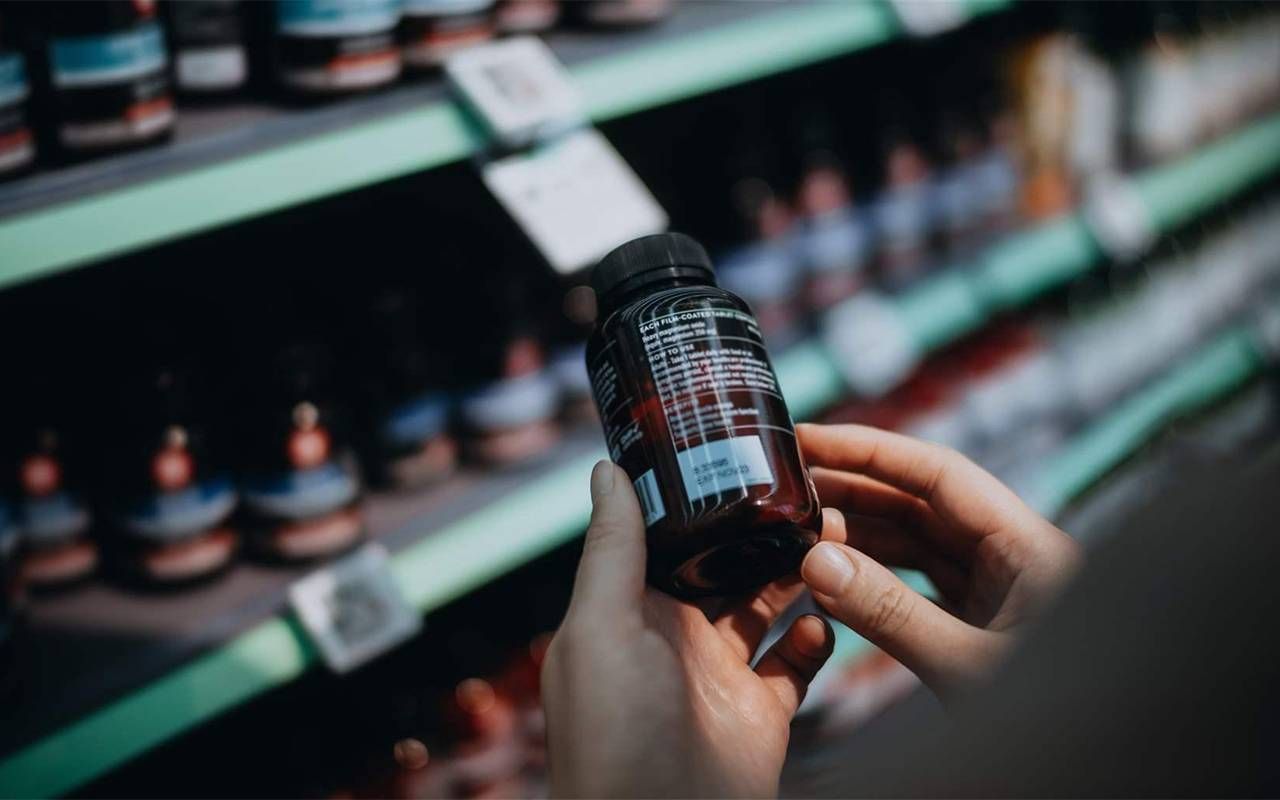Non-Traditional Treatments For Menopause Symptoms: What Works
Are alternative medicine or non-traditional treatments successful for menopausal symptoms?
To relieve the symptoms of menopause, non-traditional treatments are becoming more popular. "Approximately 51% of women use Complementary & Alternative Medicine (CAM) and more than 60% perceive it to be effective for menopausal symptoms," a 2019 article in the Journal of Evidence-Based Integrative Medicine reports.

Top 10 Symptoms of Menopause
JoAnn V. Pinkerton, MD, professor of obstetrics and gynecology at the University of Virginia Health System in Charlottesville, cites these top ten menopause symptoms:
- Irregular menstruation and ovulation cycles
- Loss of sexual urge and painful intercourse
- Vasomotor symptoms like hot flashes or night sweats
- Insomnia
- Increase in abdominal or belly fat
- Changes in breast size and shape from increased fat accumulation
- Heart palpitations
- Difficulties with memory and concentration
- Mood changes
- Fatigue
The most common complaint among women — about 70% — are the vasomotor symptoms, according to Stephanie Faubion, MD, director of the Mayo Clinic Center for Women's Health and Medical Director of the North American Menopause Society.
"[Symptoms] tend to peak about a year after the final menstrual period but can occur before, during, or after menopause," Faubion says.
Pinkerton says that during what's often called "the change of life," menstrual and ovulation cycles can become shorter, longer, lighter, or heavier, and fluctuating hormones can lead to missed periods.
If you have had depression at puberty or postpartum or experienced trauma or hormonal changes during perimenopause (before menstruation ceases), you may experience mood changes like depression, irritability or a tendency to anger more easily.
Traditional Treatments
"Hormone replacement therapy (HRT) is medication that contains female hormones," the Mayo Clinic notes. It replaces the estrogen your body has stopped producing and can prevent bone loss and reduce the incidence of fractures in postmenopausal women.
It also treats hot flashes, night sweats, vaginal dryness and itching, and discomfort from intercourse.
However, the Mayo Clinic reports that HRT has varying risks for heart disease, stroke, blood clots and breast cancer. The risks depend on the age at which a woman starts HRT, the type of HRT she takes, and her family and personal medical history.
Non-traditional Methods
According to the NCCIH, these non-traditional treatments include mind-body approaches like hypnosis CBT (Cognitive Behavioral Therapy) and relaxation techniques such as progressive muscle relaxation, deep breathing, guided imagery, herbal products, vitamins, and supplements; and whole-system approaches like acupuncture, homeopathy, and traditional Chinese medicine.
"Mind-body practices may be of benefit in reducing the stress and bothersomeness of some menopausal symptoms."
A study published in the Journal of Evidence-Based Integrative Medicine (2017) suggests that mind-body practices may be of benefit in reducing the stress and bothersomeness of some menopausal symptoms."
The NCCIH says, "research on hypnotherapy and mindfulness meditation is in its early stages, but some studies have had promising results."
While some women report symptom relief using herbs, the NCCIH says that some have proven ineffective and others may carry potential risks, like liver damage.
"There is currently insufficient data to support using herbal remedies for the treatment of menopausal vasomotor symptoms," Pinkerton says. "Some, such as black cohosh and dong Quai, have been linked to potential adverse effects."
Faubion tells there is no evidence that acupuncture relieves menopausal symptoms. "But this may relate to differences in studies which makes it difficult to compare them," she adds. "Sham acupuncture (needles in places not thought to work for hot flashes) is just as effective as real acupuncture. This probably relates to the high placebo response in hot flash trials (about 30%)."
Safety and Effectiveness
Regarding the effectiveness of non-traditional treatments for menopausal symptoms, the NCCIH says, "there's little information on the long-term safety of dietary supplements, and some can have harmful side effects or interact with drugs."
It is important to remember that, as the NCCIH declares, only a tiny amount of research has been done on most psychological and physical approaches for treating menopause symptoms.
Nonetheless, the limited evidence suggests that some approaches might help relieve symptoms or make them less troublesome. These include acupuncture, hypnotherapy, mindfulness meditation and yoga.
What To Do?
The lack of evidence about the effectiveness of non-traditional ways to treat menopausal symptoms does not mean they are not safe and effective; it is more that we do not know.
"Consider your fears about menopause and the willingness to make lifestyle changes or take medications."
"More high-quality random controlled trials are needed for each CAM intervention," the NCCIH reports. Until new research catches up, it might be a good idea to exercise caution and consult your health care professional before using non-traditional methods.
"My advice to women who are struggling with the symptoms of menopause is to be in the best shape you can be mentally, physically and emotionally," Pinkerton says. "This can help to weather the changes to you, your family, and your relationships that may occur during the menopausal transition."
Pinkerton suggests that if you suffer from hot flashes, investigate your "personal triggers for symptoms," including hot showers or spicy food. Also, it may be helpful to "consider your fears about menopause and the willingness to make lifestyle changes or take medications."
Lastly, Pinkerton proposes the following few wellness tips for women over 50:
- Get at least 30 minutes of physical activity throughout the day
- Aim for at least seven to nine hours of sleep every night
- Reach and maintain a healthy weight
- Get help to quit smoking
- Limit alcohol use to one drink or less per night

